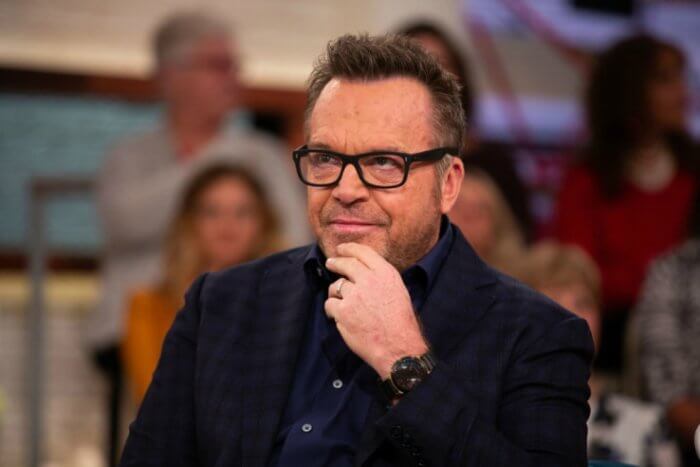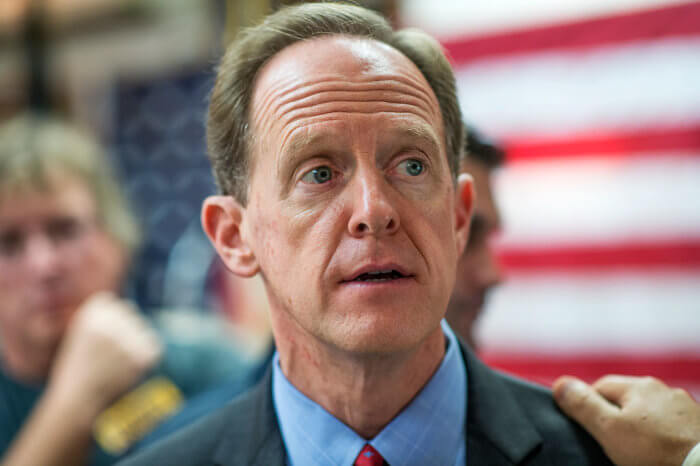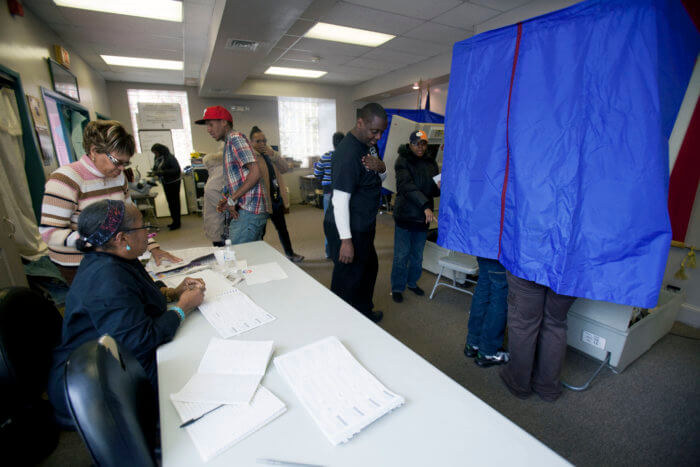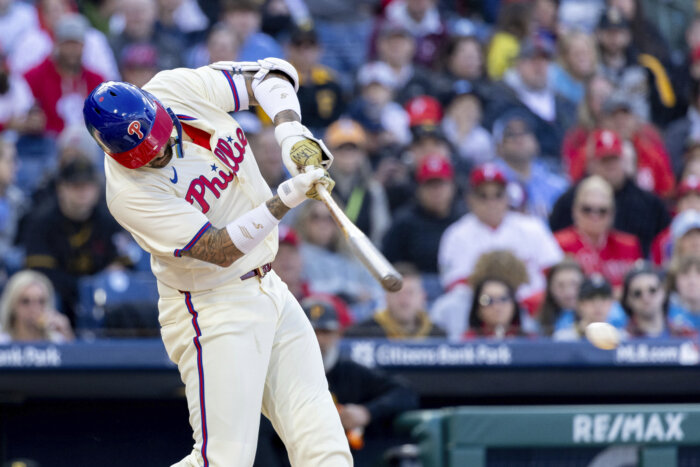Muslim business owners in New York City recently responded to President Donald Trump’s refugee and immigration orders by closing their shops for eight hours and gathering for a massive rally and call to prayer in downtown Brooklyn. In Philadelphia, Muslim and Arab business owners haven’t organized any anti-Trump demonstrations, but they harbor grave concerns about the actions of the new president.
“The more we see the president and his cabinet talk about Islamophobia, the more we can see this as an attack on our community,” said Marwan Kreidie, executive director of Philadelphia’s Arab American Development Corporation. “What he [Trump] is doing is empowering racists… and, we are going to fight it.” Kreidie said that he’s heard from those in his organization – which he said works with “hundreds of people each month,” mostly immigrants and first-generation Philadelphians – that there are worries about family members overseas and what might happen to them if the travel ban had been enforced. RELATED: Bike funding jeopardized by sanctuary cities bill
Last week, a federal appeals court unanimously voted to uphold a suspension on a travel ban to several Arab nations that had been imposed by Republican president, Donald Trump. The ban would have kept anyone traveling from seven Middle Eastern nations – Iraq, Syria, Iran, Sudan, Libya, Somalia and Yemen – from entering the U.S. But, the ban wouldn’t have effected just Muslims, Kreidie said. Many of the Arab-American individuals his organization works with are Christians. Furthermore, about 80 to 85 percent of Philadelphia’s Muslim population are African-Americans, not immigrants, he said. RELATED: Yemeni-Americans shut hundreds of shops in NYC to protest travel ban To Mikal Shabazz, resident Imam at Masjidullah Incorporated, a mosque and learning center in the city’s West Oak Lane neighborhood, and a member of Philadelphia’s Universal Muslim Business Association, the travel ban might not impact him personally or many of the Muslims in Philadelphia’s African-American community directly, but it could have dire consequences for those in our armed forces stationed overseas. Shabazz, who said he served as an Army officer in 2003 to 2004 as a part of Operation Iraqi Freedom, worked closely with translators who put their lives in danger by working with the American military. If those translators weren’t given the opportunity to have themselves and perhaps, their families to come to America, they could be left to die in a hostile country. “What would happen if they should want to come here and they can’t do it?” asked Shabazz. “This is just bad for so many reasons.”
He added that in his experience in working to stabilize the community overseas by helping rebuild educational systems and infrastructure, Trump’s proposed ban has the “potential to create more harm than good.” “It’s important to protect people, and I’m all for that, but this [the travel ban] is bad because there could be unintended consequences,” he said.
Instead, the answer to how to protect Americans might not be to ban travel, but to help those who might not understand the Muslim culture to realize it’s not so different from any other religion, Shabazz said. “People think that if you’re Muslim you don’t believe in God. That couldn’t be further from the truth. We believe in God. We believe in Mary and the virgin birth. And, we believe in Jesus,” he said. “Terrorism is the antithesis of Islam.” Asked if the ban might indicate the spread of Islamophobia or if Trump might push for more anti-Muslim regulations, Shabazz said he believes Americans will not stand idly by and let that happen.
“I believe that Americans won’t stand for that,” he said. “I don’t think anything bad will happen.”
Philadelphia’s Muslim businessmen troubled by Trump’s Islamophobic talk
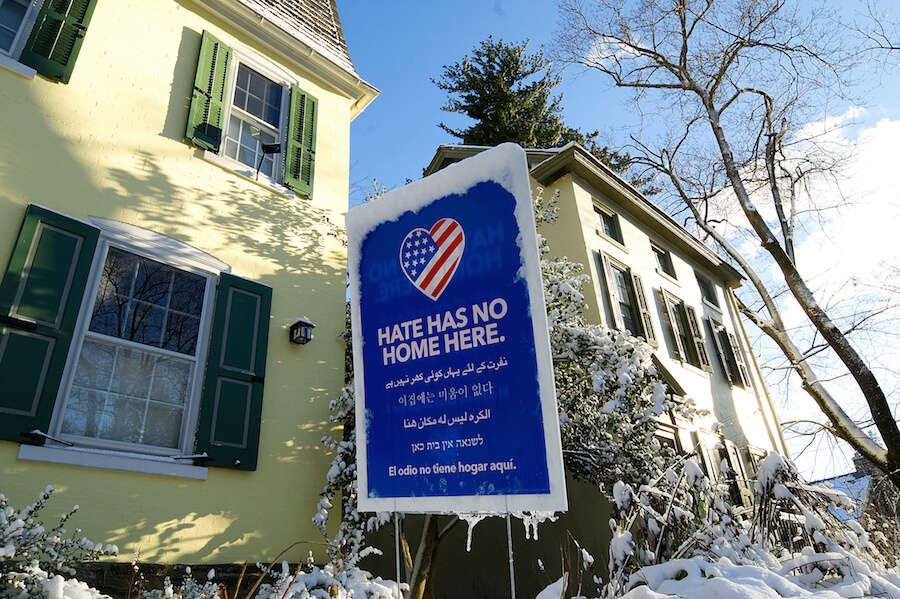
Getty Images
























